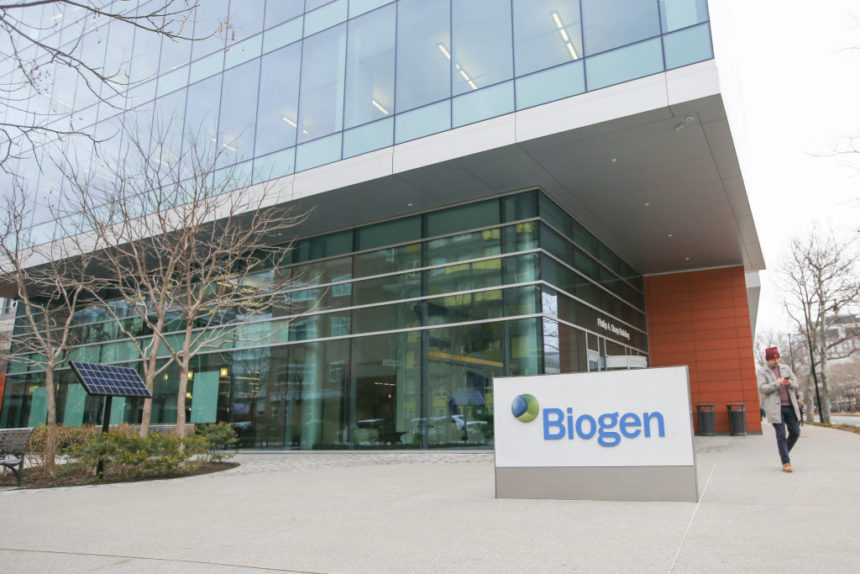Months after gutting its commercial infrastructure for Aduhelm and announcing it would jettison its CEO, Biogen produced promising results for its Alzheimer’s drug Lecanemab Tuesday.
In a Phase 3 confirmatory Clarity AD clinical trial, the drug, which was developed with Eisai, met its primary endpoint in showing a “statistically significant” reduction in clinical decline among patients with early Alzheimer’s. Additionally, Biogen reported that Lecanemab met all its secondary endpoints as well.
Over the summer, the Food and Drug Administration granted priority review and accepted Eisai’s Biologics License Application for Lecanemab under the accelerated approval pathway.
Looking ahead, the FDA’s Prescription Drugs User Fee Act action date for Lecanemab is set for January 6, 2023. Eisai said it will discuss its findings with regulators and aims to file for approval in the U.S. as well as in Japan and Europe by the end of Q1 2023.
Biogen CEO Michel Vounatsos said the findings give hope to patients and their families that the progression of Alzheimer’s can potentially be slowed if the drug is approved.
“Importantly, the study shows that removal of aggregated amyloid beta in the brain is associated with a slowing of disease in patients at the early stage of the disease,” Vounatsos said in a statement. “We want to thank the many patients who participated in this groundbreaking global study and want to acknowledge the clinical investigators who worked tirelessly to increase the enrollment of traditionally underrepresented populations.”
Similarly, Eisai CEO Haruo Naito said the Japanese pharma company believes these findings will “create new horizons in the diagnosis and treatment of Alzheimer’s disease as well as further activate innovation for new treatment options.”
The results were welcomed by a number of stakeholders in the Alzheimer’s community, including the Alzheimer’s Association, which said these were “the most encouraging results in clinical trials treating the underlying causes” of the disease to date.
Lecanemab’s performance in the clinical trial marks Biogen’s return to developing an effective treatment for Alzheimer’s.
In June 2021, the company secured FDA approval for Aduhelm, its troubled-but-once-promising Alzheimer’s asset, despite criticisms that its clinical data was inconclusive and that the price tag ($56,000 per patient) was too high. In December 2021, the company slashed the price in half and then embarked on a cost-cutting effort in the spring that primarily resulted in layoffs on its Alzheimer’s commercial team.
In May, the company pulled the plug on the commercial infrastructure for Aduhelm. That decision was reached less than a month after the Centers for Medicare and Medicaid Services announced it would limit Medicare coverage for the drug for patients in clinical trials.
Subsequently, Biogen announced during its Q1 earnings call that it would begin a search to replace Vounatsos as CEO. In Its Q2 earnings report, Biogen recorded a $71 million restructuring expense along with a 4% year-over-year decline in total revenue.
Biogen also released the Lecanemab results one day after agreeing to pay a $900 million settlement with the Department of Justice over claims that it illegally paid kickbacks to doctors to encourage them to prescribe the company’s drugs.







